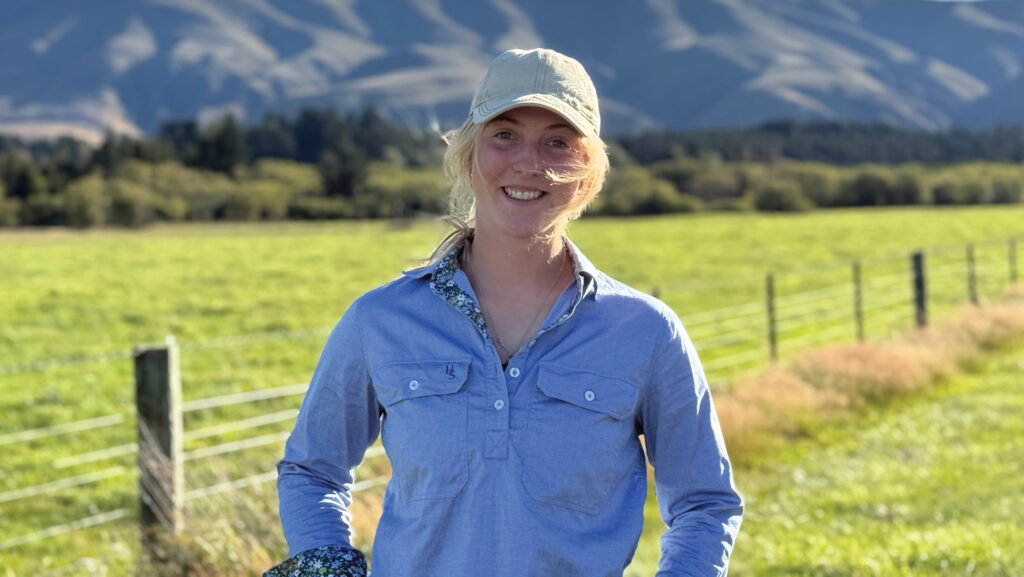Opinion: Farming struggles feel different when you’re ‘essential’
 Kate Tomlinson © Kate Tomlinson
Kate Tomlinson © Kate Tomlinson If I was going to go farming, I would do it in New Zealand. Don’t get me wrong, I love the UK, but it’s difficult – and I’m not just talking about the weather.
The uncertainty around inheritance tax (IHT), the lack of appreciation throughout society for farmers, the difficulty in accessing land as a new entrant, low margins, paperwork, compliance…
See also: New Zealand farming app expands into UK markets
In shouts and whispers, slammed doors and letters in the media, it has felt as if the UK has been saying, “we don’t want you and we don’t need you” for a while now.
So, if you’re uncertain about your next steps, I put forward another option: New Zealand. A mere 30-hour plane ride away is a land where the general sentiment around farming is positive.
Here, farming feels accepted, respected, and better understood. It’s not called the “primary industry” for nothing – dairy alone is New Zealand’s largest export earner, generating about NZ$27bn (£11bn) – a quarter of the value of all exports.
If you’re part of the largest industry in the country, you’re most likely going to feel wanted.
Agriculture is woven into the country’s identity. Take competitions such as FMG Young Farmer of the Year Award.
Can you imagine a nationally televised competition in the UK where farmers undertake a variety of activities – budgeting, moving irrigators, business propositions, fencing, ending with a grand finale evening on the big screen? The winners become icons overnight.
Clarkson’s Farm might have done more for British farming’s public image than anything else in recent years, but New Zealand has been celebrating farmers on national television for more than 50. That’s not a trend – that’s culture.
Opportunities. Lord, the opportunities. More fluid land ownership, succession planning, progression and simply the amount of farming means there are endlessly more than at home.
In dairy, becoming a contract milker is achievable within a few years, followed by share farming, then farm ownership.
With hard work and imagination, it’s possible to use dairy as a way into other sectors too.
Now one for the ladies: how’s it going, breaking that grass ceiling? Getting sick of banging your head against the shed door?
If so, NZ might just be the place for you. When I asked my Kiwi colleague what the most obscure part of British farming was, he said: “When you are going to speak to a farmer, everyone just assumes it’s going to be a guy.”
You’ll get a lot more done when you can just fix the fence instead of explaining you’re not there to fix lunch.
Then there’s the work-life balance. Many farmers write time off-farm into their business strategies and it’s usually something active, social and cool – such as hunting deer, fishing, jet boating, water skiing, spearfishing, surfing.
Of course there are caveats. Agriculture has universal difficulties – extreme weather events, volatile commodity prices, high debt.
You’re also on the other side of the world from everyone you know.
But the struggles feel different when you’re valued and society sees you as essential.
There are a few other things you must know. You wear gumboots, not wellies. There are no parlours here, only sheds. You must like pies. You’ll need to apply your suncream a lot because, guess what? In summer, the sun actually comes out.
There’s no silver bullet in life, but there are options. We have hard times ahead, but the question is: where do you want to face them?

